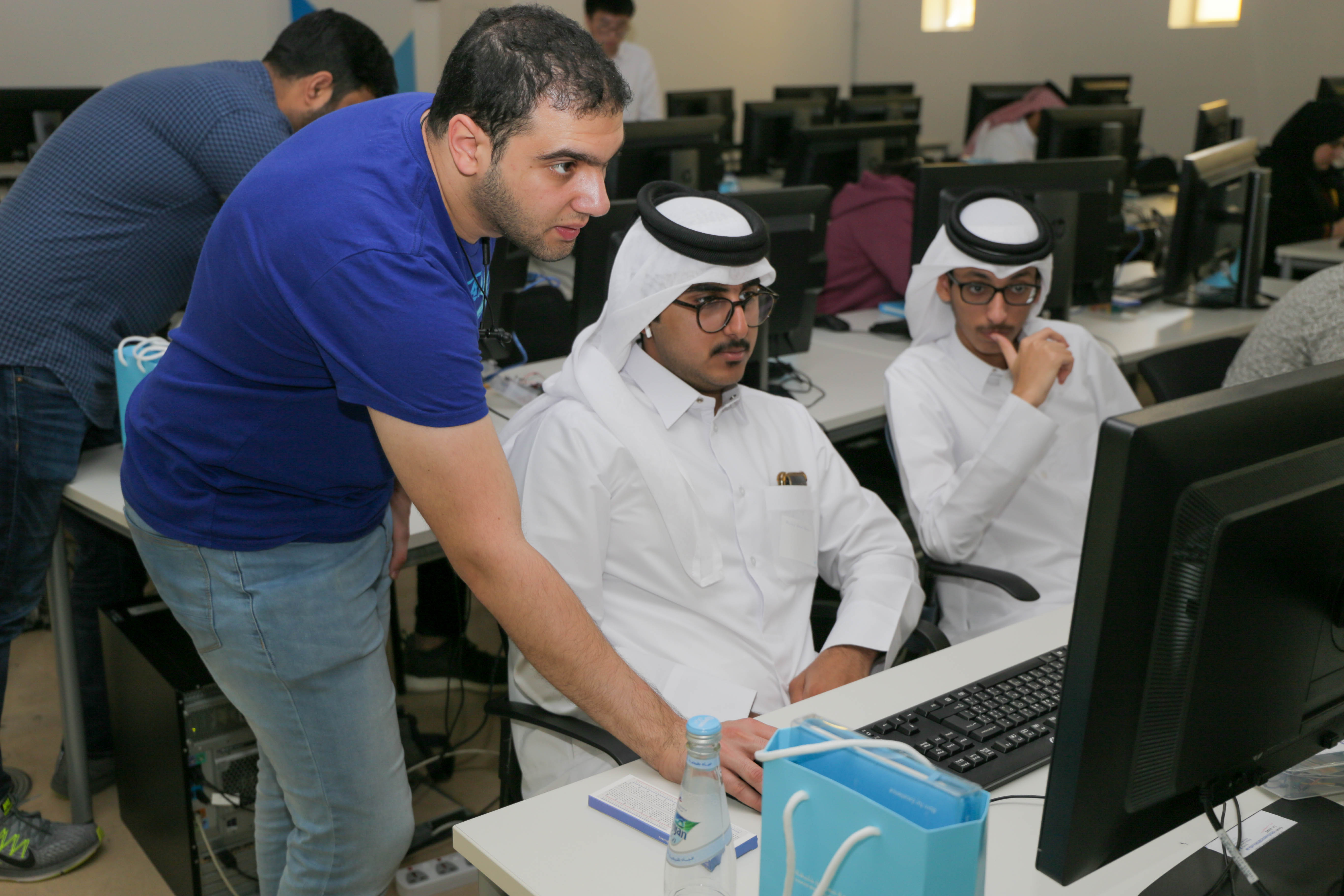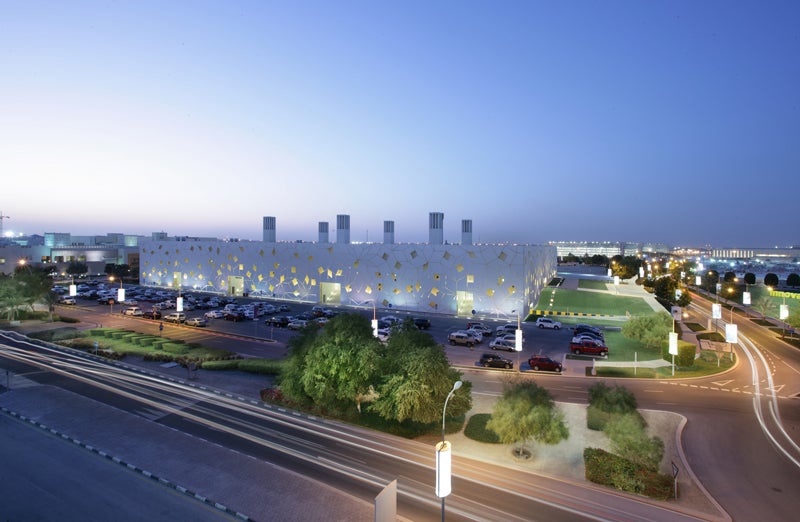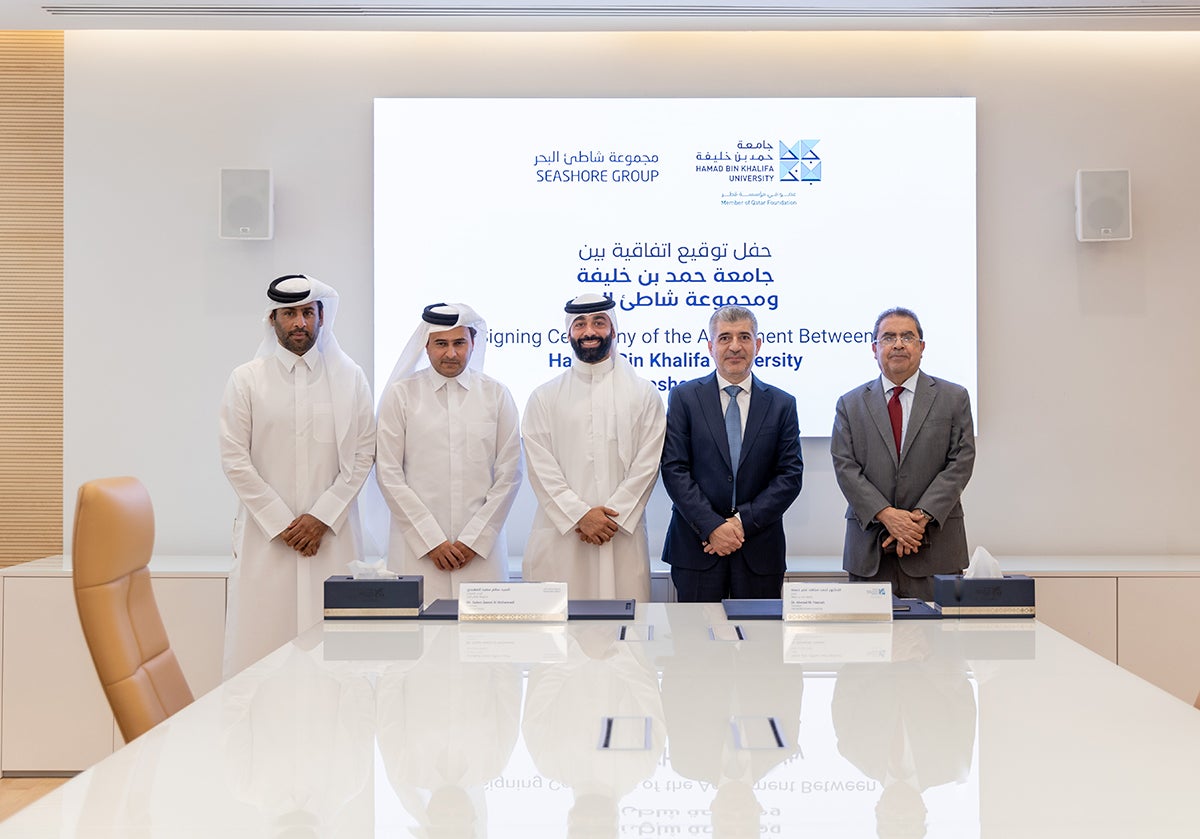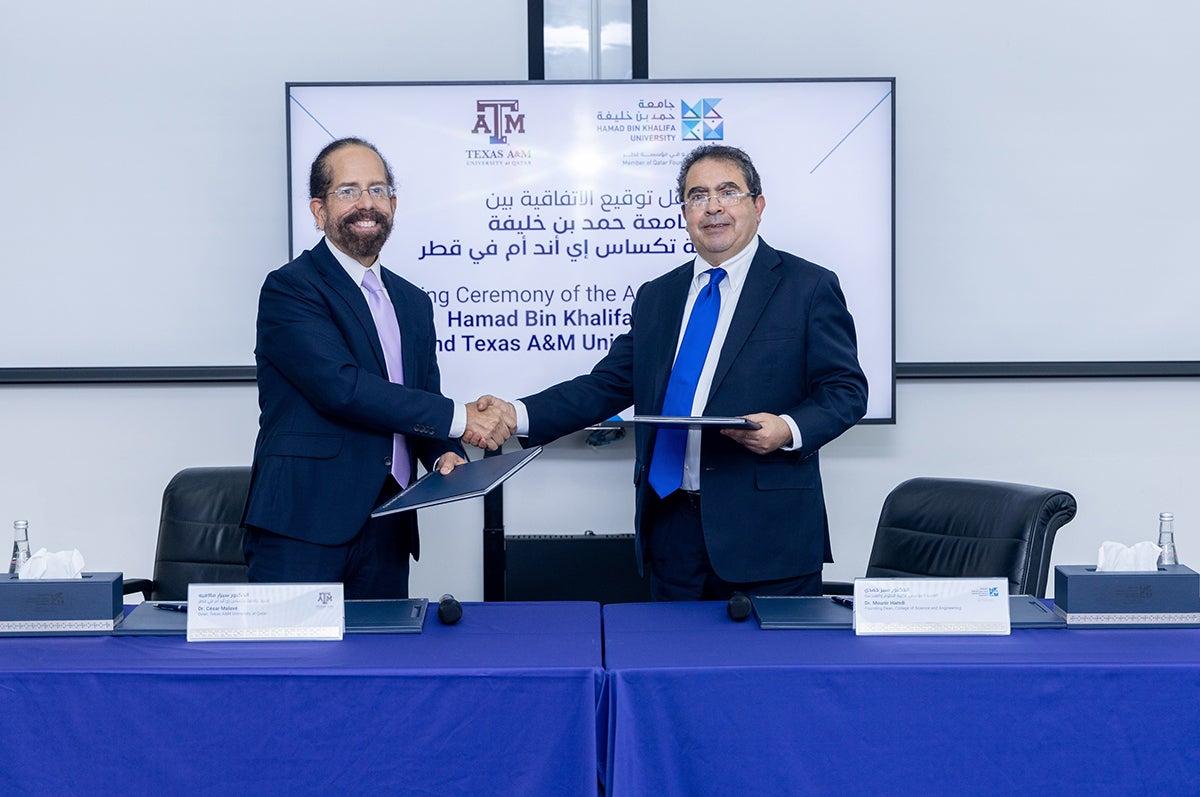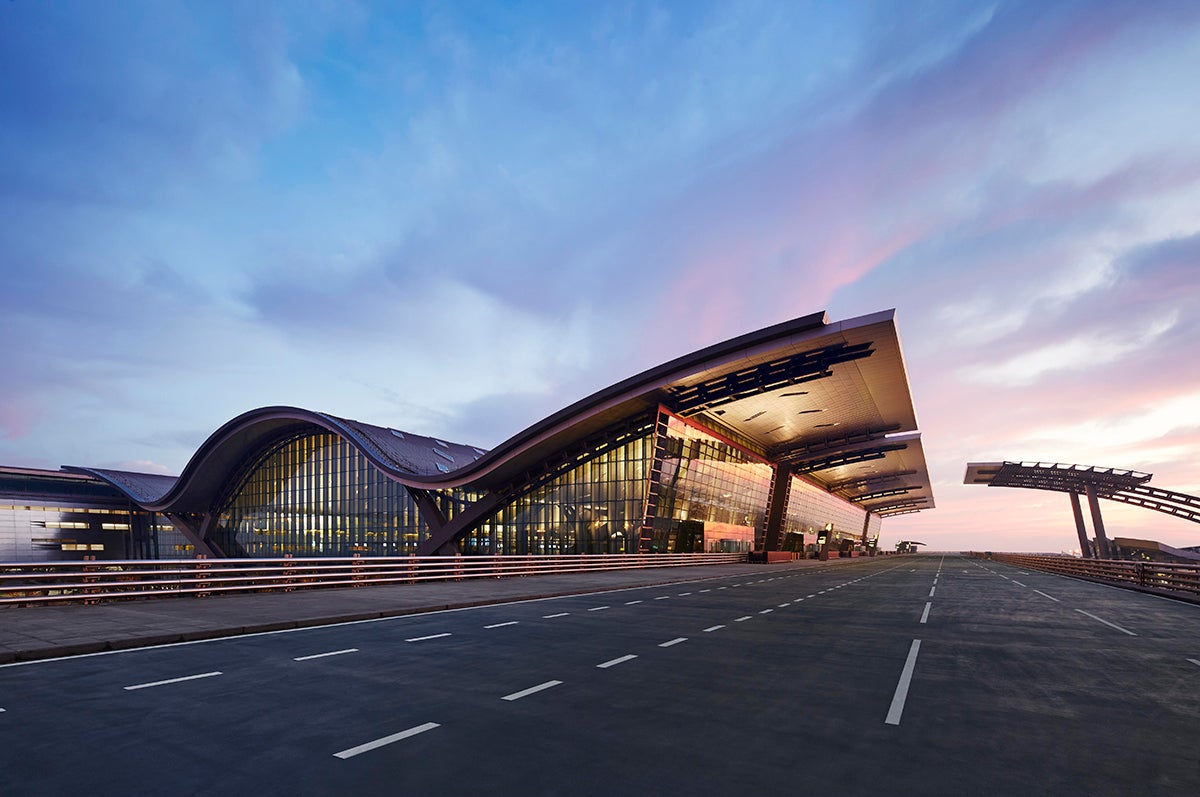Dialogue aimed to build bridges through research collaborations within and beyond the Arab region
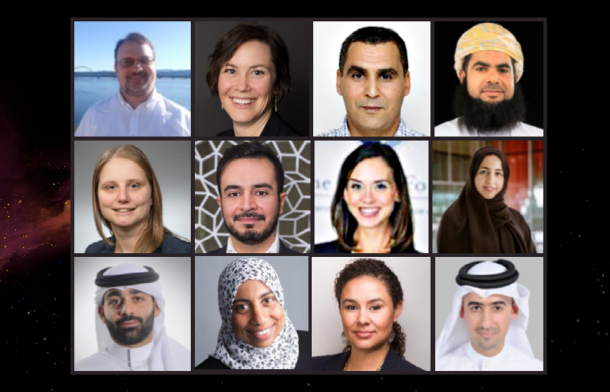
Hamad Bin Khalifa University (HBKU) and the National Academies of Sciences, Engineering, and Medicine (NASEM) co-hosted the eighth Arab-American Frontiers of Science, Engineering, and Medicine Symposium online from November 1-4.
With the support of the Qatar National Research Fund (QNRF), the United States Agency for International Development (USAID), and the National Science Foundation (NSF), the symposium was an opportunity for outstanding scientists, engineers, and medical professionals from the US and the Arab region to discuss major scientific advances in areas that are relevant to the Middle East, North Africa, and the rest of the world. The annual Arab-American Frontiers symposia aim to enhance scientific exchange and dialogue among young researchers, including the Arab science diaspora, as well as facilitate research collaboration within and beyond the region.
In his opening speech, Dr. Ahmad M. Hasnah, HBKU President, highlighted the importance of the Arab-American Frontiers program, which is celebrating 10 years, and how it contributes to HBKU's own mission to develop national research capabilities that drive collaboration with the world's best institutions.
“We believe that promoting science among the younger generations is key for the development of Qatar, the Arab region, and the world at-large. I urge you all to build as many bridges as you can with other scientists from the Arab region. Take this opportunity to collaborate, speak, and debate different ways that we could work together, as the result depends on your ability to build those bridges,” he said.
In his opening speech, QNRF’s Dr. Munir Tag, Senior ICT Program Manager, highlighted QNRF-funded collaborative projects with the US in all areas of science and technology, including energy, health, sustainable development, society and digital technology, which yielded high quality results.
He said: “We look forward to transforming the outcomes of these projects into business opportunities and deeper impact for societal and economic benefits.”
He also renewed QNRF’s commitment to engaging with its partners and to further develop these projects’ research outcomes; advance cutting-edge research and innovation in science, engineering, and medicine; and foster closer ties between Arab and American researchers, which were initiated through QNRF funding programs.
The 2021 symposium featured more than 20 speakers and 64 poster presenters. Five sessions focused on research in the fields of advanced materials; e-health; water, food, and energy; emerging technologies and society; as well as cybersecurity. More than 34% of all participants were women. Symposium co-chairs Dr. Dena Al-Thani, Assistant Professor, College of Science and Engineering (CSE), HBKU, and Dr. Leonard Pease, Senior Engineer, Pacific Northwest National Laboratory (PNNL), ensured the event was a platform for exchanging meaningful technical content. The symposium offered virtual tours of HBKU’s state-of-the-art labs and projects.
Speaking after the event, Dr. Dalal Najib, Director for Science and Engineering Capacity Development at the National Academies, said: “One of the most unique aspects of the Frontiers program has always been its ability to bring together participants from a wide range of disciplines and research interests. Our partnership with HBKU helped us present a dynamic eighth edition and ensured that we advance this goal. It is our hope that the long-term impact will be wider research cooperation that ultimately catalyzes innovation and the cross-pollination of ideas.”
Dr. Dena Al Thani added: “The 2021 symposium was a valuable opportunity to learn about and engage with researchers working in several different fields, and to consider how advances, techniques, and approaches in those areas relate to our own. Most encouraging was seeing participants demonstrate the impact of science and technology on development within their countries and societies.”
The 2021 Arab-American Frontiers Symposium featured speakers from Stanford University; Cornell University; Dartmouth University; Carnegie Mellon; John Hopkins University; International University of Rabat, Morocco, Cadi Ayad, Marrakesh; Mohammed VI Polytechnic University; Weill Cornell Medicine in Qatar, Texas A&M, Qatar Mobility Innovations Center (QMIC), the Higher Population Council, Jordan; Ascension Data Sciences Institute and Formlabs, USA. Speakers from HBKU included Dr. Mowafa Househ, Associate Professor, CSE; Dr. Mohamed Abdallah, Associate Professor, CSE; and Dr. Mashael Al-Sabah, Senior Scientist, Qatar Computing Research Institute. Dr. Nady El-Hajj, Assistant Professor, College of Health and Life Sciences, HBKU; Dr. Tareq Al-Ansari, Associate Professor, CSE; and Dr. Saif Al Kuwari, Assistant Professors, CSE, chaired several sessions.
Arab-American Frontiers symposia are held on a rotational basis in different countries of the Arab region. For more information, please visit https://www.nationalacademies.org/about







